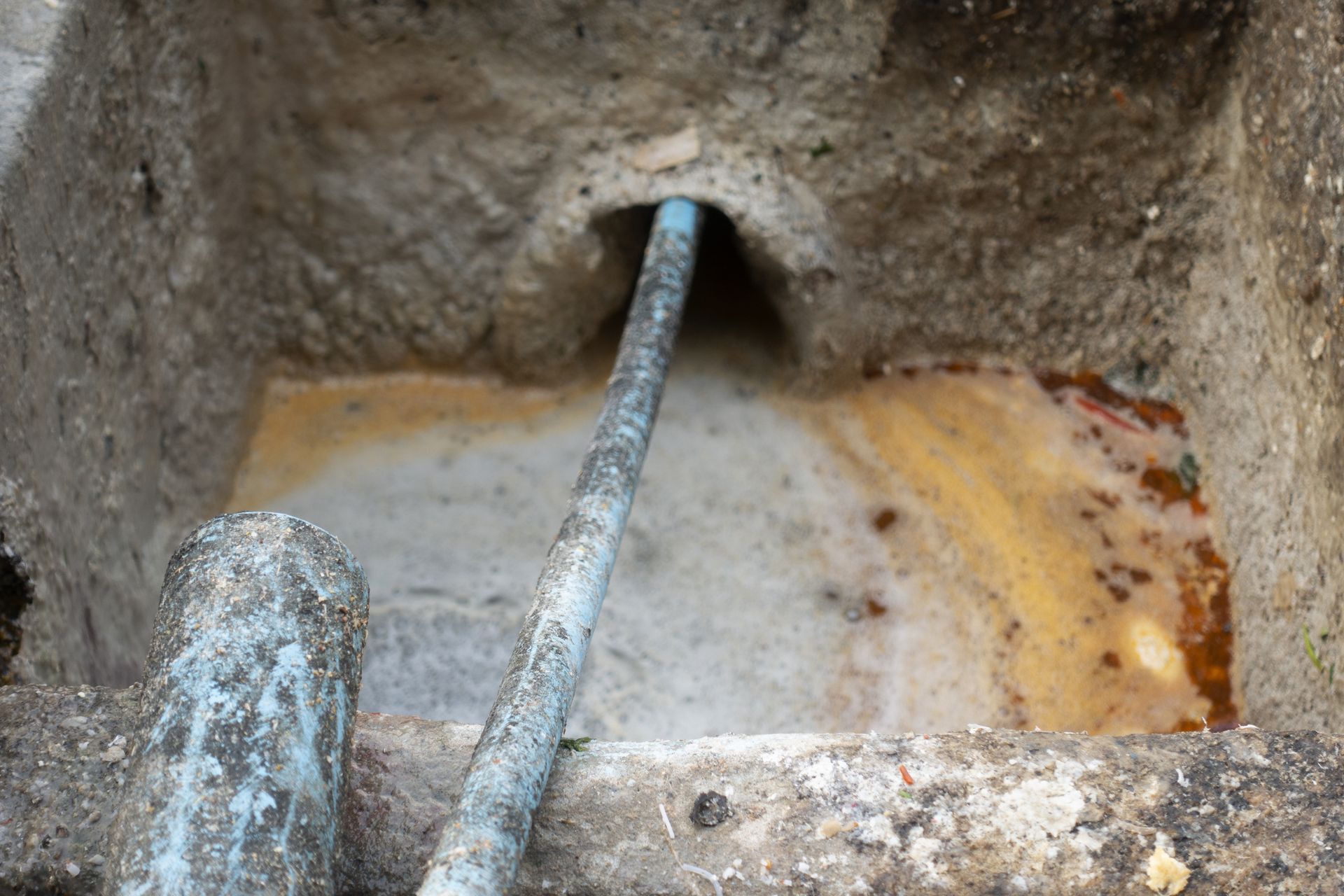Call Today for a FREE Quote
(404) 419-6887
Do Food Trucks Dispose of Used Grease and Grease Trap Water?

Food trucks are for all intents and purposes mobile restaurants, which means they have grease traps and waste oil recycling needs too. Since they don’t have a physical location where scheduled grease trap cleaning or waste oil pickups can occur, what do they do with their waste?
Generally, food trucks need to contract with a waste oil and grease trap company like Southern Green Industries the same way any other restaurant does. The relationship can work in a couple of different ways: they can empty their waste oil at a commissary or the main restaurant location or they can drop it off directly at a waste oil recycling facility.
Common Places Where Food Trucks Dispose of Waster Water and Grease
Restaurant Location: Many food trucks are mobile extensions of local restaurants or chains. In those cases, the food truck will often go to their home base to drop off waste cooking oil and empty their grease traps into the restaurants large underground grease traps. They might also make sure their food trucks are at the restaurant location when their regular grease trap cleaning is scheduled so their grease trap maintenance provider can service their food truck grease traps along with the rest of the restaurant’s grease traps.
A Commissary: Some food trucks rent space in a commercial commissary or are large enough ventures to have their own commissary. These food trucks might use the same general process as the restaurant food trucks. The only real difference is the commissary generally isn’t customer-facing. Some commissaries are specifically designed to service food trucks and have facilities designed for food trucks, like fencing and security for overnight food truck storage. These commissaries likely have services and processes specifically designed to help food truck owners maintain compliance with local grey water, FOG and waste oil disposal requirements.
Wastewater and Waste Cooking Oil Recycler: The third option is to go directly to a facility that treats wastewater, cleans grease traps and recycles used cooking oil. Independent food trucks that aren’t part of a restaurant chain and don’t use a commissary as a home base may contract directly with a company like Southern Green Industries to schedule drop-offs and cleaning.
Since Greywater Volume Is Small by Comparison to Restaurants – Can’t They Just Empty It Into the Sewer or a Storm Drain Directly?
No – volume isn’t the issue when it comes to FOG. Any FOG is bad, even if it’s just a cup at a time. Your food truck will need to have an adequately sized greywater collection tank on the vehicle. Some counties require food trucks to operate out of a licensed commissary kitchen, which needs to meet all the necessary FOG disposal requirements.
You’ll need to make sure you’re adhering to the requirements of the county health and water management officials in all the places in which you’ll be operating. Atlanta food trucks will likely need to check with Atlanta watershed officials to ensure their food trucks meet all the requirements for operating at approved Atlanta food truck locations.
Failing to properly dispose of wastewater according to local ordinances may result in the loss of your vendor permit and may also result in stiff fines.
The Process of Disposing of Greywater
1. Find an approved wastewater dump station – also find out if you need to schedule drop off or if you can just go without an appointment during business hours
2. Park so the drain valve on your wastewater tank is as close as possible to the dump station
3. Remove the cap on the holding tank carefully while wearing the proper protective gear
4. Securely connect the sewer hose to your wastewater tank drain
5. Put the sewer hose at least four to six inches into the dump station hole and make sure it’s secure so there’s no risk of it flopping out while draining
6. Once you’re sure everything is secure open the wastewater tank valve
7. If necessary, flush and rinse the tank before leaving
If you contract with Southern Green Industries for waste cooking oil recycling, we can also empty your oil receptacle at our recycling facility or let you switch out your full receptacle with an empty one.
Let Us Help Ensure Your Georgia Food Truck Stays Compliant With All Waste Oil and FOG Rules
At Southern Green Industries we understand how financially devastating it can be to run afoul of local FOG and waste oil ordinances. Our team goes above and beyond to ensure that’s an experience our clients never have to suffer through. Contact us at (404) 419-6887 to learn more about grease trap cleaning and service and fryer oil recycling for food trucks.
Recent Blog Posts
Contact us Today for a FREE Quote
We are committed to making grease trap cleaning and fryer oil recycling as clean and easy as possible. If you’d like to learn more about our services or get a quote, give us a call at (404) 419-6887.
Southern Green Industries is an Atlanta owned and operated grease trap cleaning and fryer oil recycling company operating in Atlanta and throughout the entire state of Georgia.
All Rights Reserved | Southern Green Industries | Built by REV77


